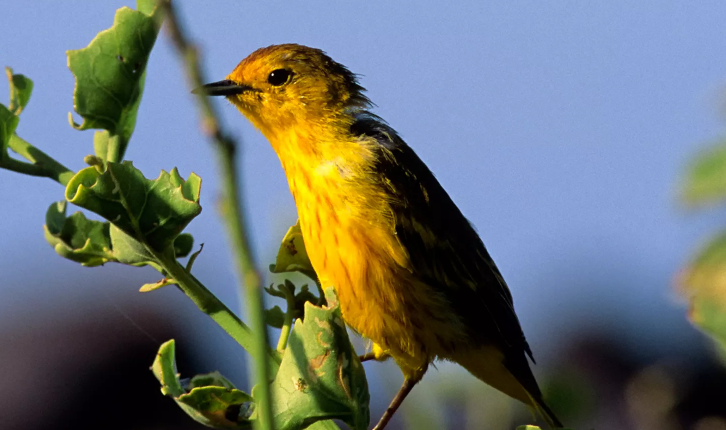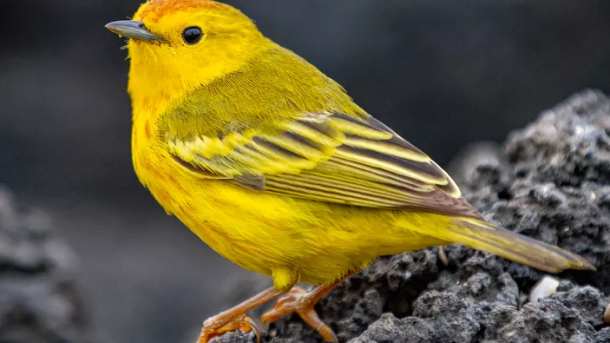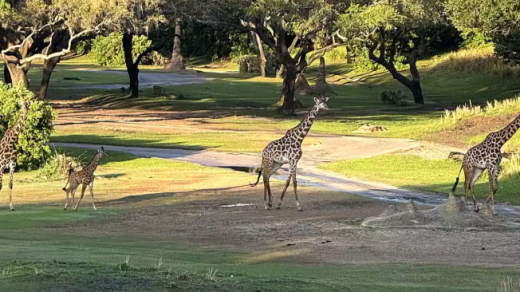A recent study has found that traffic noise impact on birds can lead to heightened aggression among certain species in the Galápagos. Research published in Animal Behaviour reveals that male Yellow Warblers living near roads become more vocal and aggressive when exposed to human-made traffic sounds.

How Traffic Noise Impact on Birds Affects Communication
Dr. Çağlar Akçay, a co-author of the study from Anglia Ruskin University, explained that birds rely on their songs for communication, often as a way to avoid direct conflict. However, when their vocal signals are masked by external noise, they may resort to physical confrontations instead.
Birdsong plays a crucial role in establishing dominance and maintaining hierarchy. Normally, effective sound-based communication helps prevent unnecessary fights. But when normal vocal exchanges are drowned out by traffic noise impact on birds, they might have no choice but to engage in aggressive behavior to defend their territory.

Study on Traffic Noise Impact on Birds in the Galápagos
Researchers conducted experiments within 38 active Yellow Warbler territories by playing two different soundtracks. One track contained only bird calls, while the other combined bird calls with traffic noise.
Findings showed that birds near roads responded more aggressively to the mixed track, often flying toward the source of the sound. According to Dr. Akçay, this response suggests that, in a real-life scenario, the birds could misinterpret the situation as a direct challenge, potentially leading to physical confrontations.
Interestingly, the study also discovered that warblers nesting farther from roads reacted differently. Instead of becoming more aggressive, they grew quieter—possibly due to fear of the unfamiliar sounds. In contrast, birds in traffic-heavy areas might have adapted, realizing that their usual calls go unheard in noisy environments, prompting them to become more assertive.
These findings highlight the need to consider the consequences of noise pollution, even in remote places like the Galápagos, where unique wildlife could be affected by human activities.
Source: www.people.com



